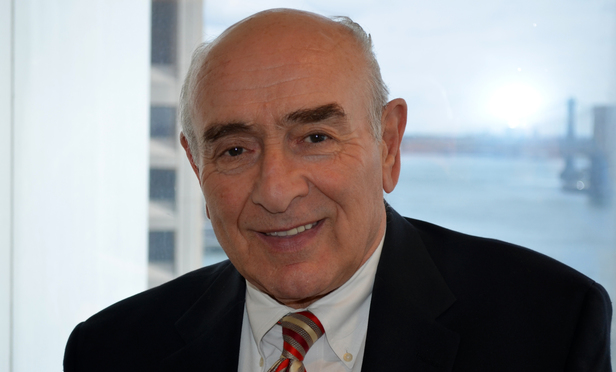On Oct. 19, in Fore v. State,1 a Florida appellate court tossed out a civil contempt fine of $6,670 imposed upon an expert after a defendant’s criminal trial for drunk-driving manslaughter. It seems that the accident reconstruction expert completed an affidavit in support of defendant’s application for post-conviction relief that contained incorrect information based on the expert’s misinterpretation of a report from Toyota regarding data from the victim’s vehicle. During the expert’s preparation for the post-conviction evidentiary hearing, he realized that certain opinions in his affidavit were wrong. He notified defense counsel but took no action to change his affidavit or otherwise inform the court of his changed opinions.
The state successfully moved for sanctions. The appellate court reversed, however, because the expert did not intentionally violate a court order. What caught this writer’s eye and stimulated this column is the following policy statement by the court: “[A]ggressive application of the inherent authority…to sanction a non-party expert witness in a criminal case would ‘create a chilling effect on a party’s exercise of [the] constitutional right to freedom of speech, access to the courts, and due process.’”2
This content has been archived. It is available through our partners, LexisNexis® and Bloomberg Law.
To view this content, please continue to their sites.
Not a Lexis Subscriber?
Subscribe Now
Not a Bloomberg Law Subscriber?
Subscribe Now
LexisNexis® and Bloomberg Law are third party online distributors of the broad collection of current and archived versions of ALM's legal news publications. LexisNexis® and Bloomberg Law customers are able to access and use ALM's content, including content from the National Law Journal, The American Lawyer, Legaltech News, The New York Law Journal, and Corporate Counsel, as well as other sources of legal information.
For questions call 1-877-256-2472 or contact us at [email protected]



